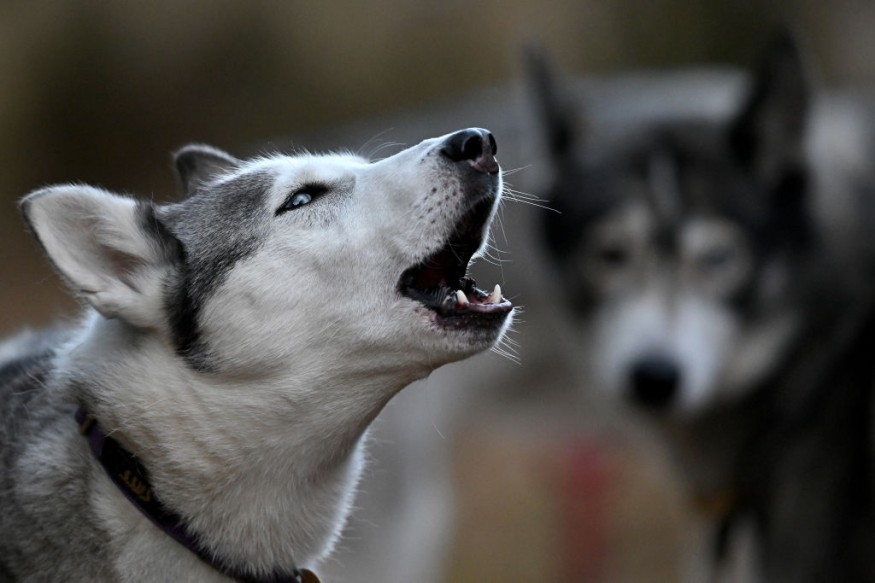Dog sizes in modern times were once believed to be based on our ancestors' domestication of ancient dogs thousands of years ago.
The long-held notion is starting to change based on a recent study that shows a mutation of an ancient gene from wolves over 50,000 years ago was responsible for the evolution of dog sizes.
Mutation of Ancient Wolf Gene

Contrary to popular belief that small dog breeds like Chihuahuas and Pomeranians existed because they were domesticated by ancient humans who preferred small companions, a new study shows that this is not the case.
Dog mutations that led to different dog sizes, from small to large, have been traced to a common mutation from an unexpected source: ancient wolves, as per the Smithsonian Magazine.
A genetic mutation of a growth hormone-regulating gene into small body-sized dogs was found in ancient wolves 50,000 years ago-long before domestication, according to a study published in the peer-reviewed journal Current Biology on January 27. The study was conducted by researchers of the National Institutes of Health (NIH).
The mutation is said to be near a gene called IGF1, which researchers have first discovered in 2007. This gene has a major role in the varying size of domestic dogs in our current time, as per Nature.
The 2007 study was led by Elaine Ostrander, a geneticist from the US National Human Genome Research Institute and the leading researcher of the study on the IGF1's connection in dog size.
Following the discovery of the IGFI gene, research in this area has stalled for more than a decade until a post-doctorate, Jocelyn Plassais, in Ostrander's lab suggested that they look for sequences around the IGFI gene in the past and confirm any similarities between present dogs and ancient DNA.
Ancient Wolves as Ancestors of Domestic Dogs

Using the approach of Plassais, Ostrander's team found a reverse form of the IGF1 gene correlating to dog body size. Ostrander said they examined 200 dog breeds in order to get to the partial results.
Ostrander's team then sought the help of evolutionary biologists Greger Larson of Oxford University and Laurent Franz of Ludwig Maximilian University to look through the DNA of ancient wolves to see whether there is a potential IGF1 gene mutation.
In one of the research projects, the team examined fossils of 54,000-year-old Siberian wolves (Canis lupus campestris) and discovered that their DNA also contains the growth hormone gene mutation responsible for regulating the size of dogs.
Prior to these discoveries, the scientific community provided a theory that domestic dogs in modern times were once large but became small around 20,000 years ago when humans domesticated them. In relation to this old narrative, there is a paradigm shift in our approach of how dogs evolved into different body sizes, as per Science Daily.
The findings are true not just for dogs and wolves but also for African hunting dogs, coyotes, jackals, and other animals belonging to the same family group called canids, says Ostrander.
Related article : Mystery Solved: Dogs Originated from Two Places, Research Shows
© 2026 NatureWorldNews.com All rights reserved. Do not reproduce without permission.





